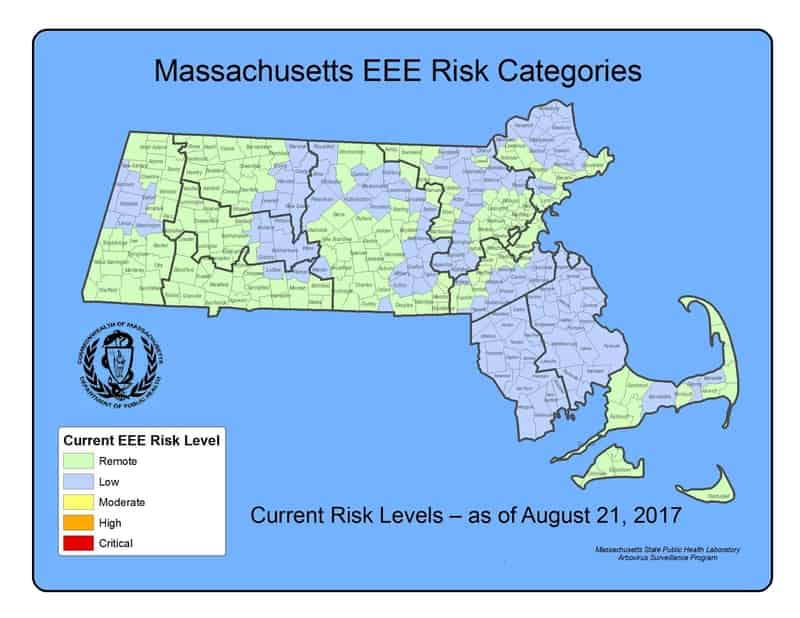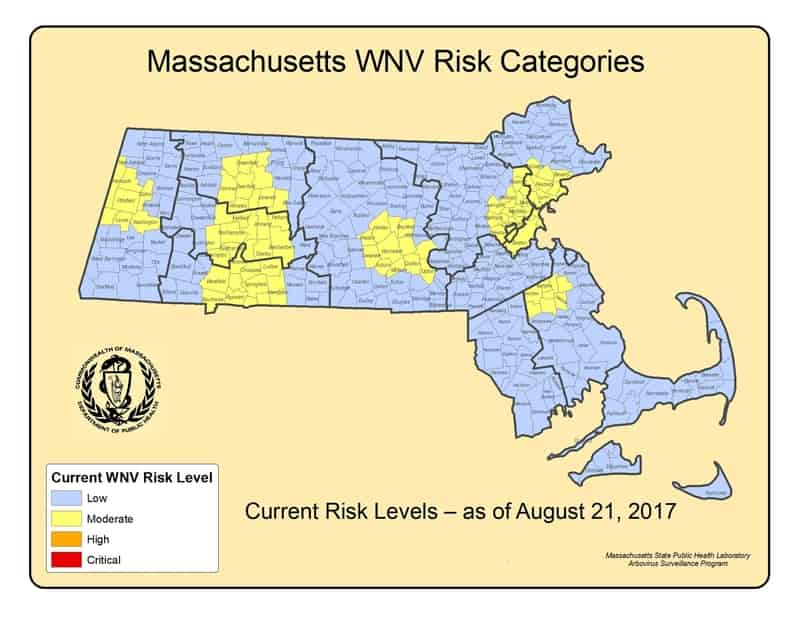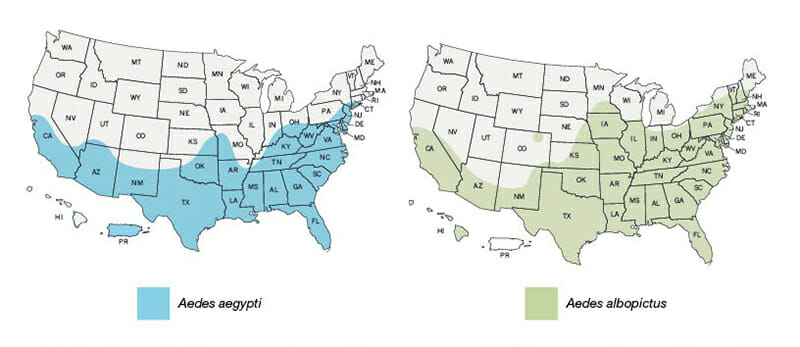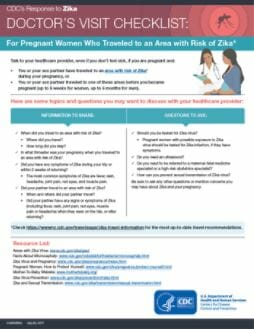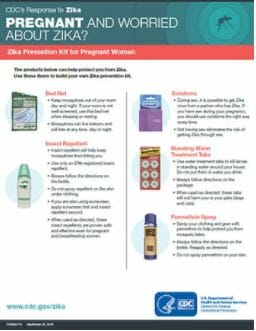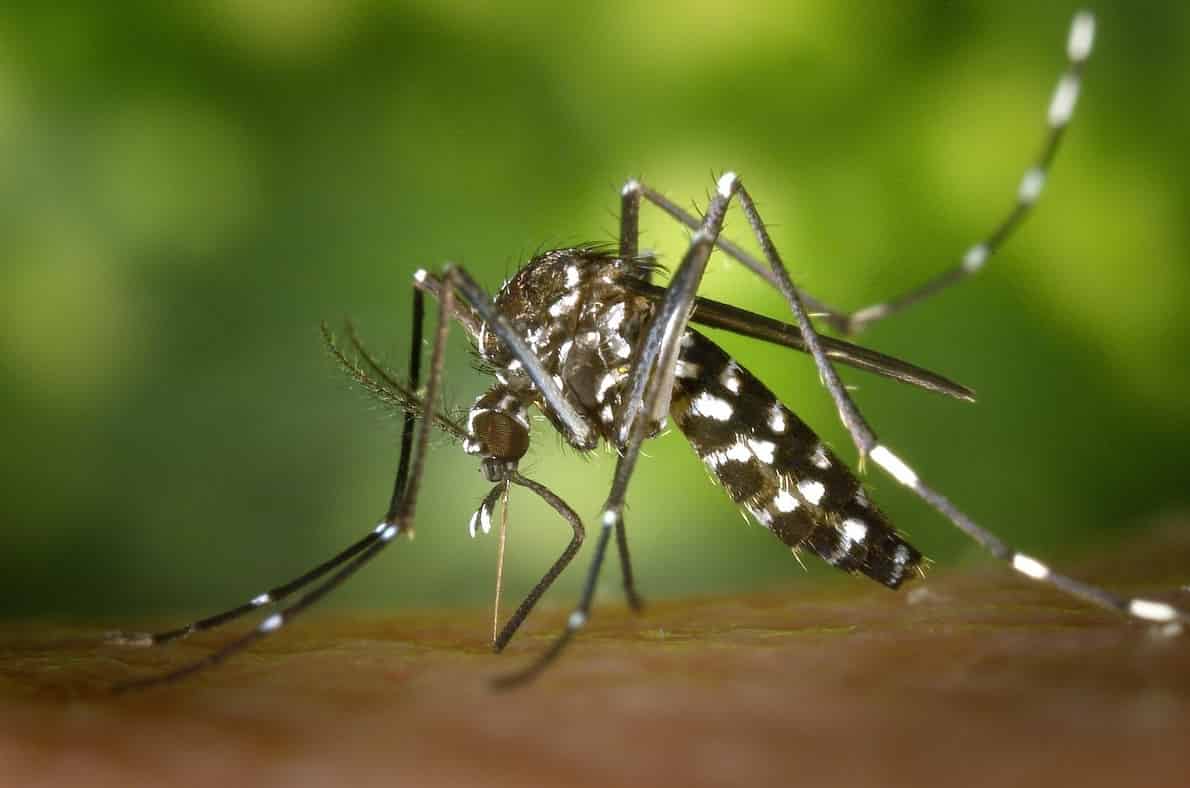
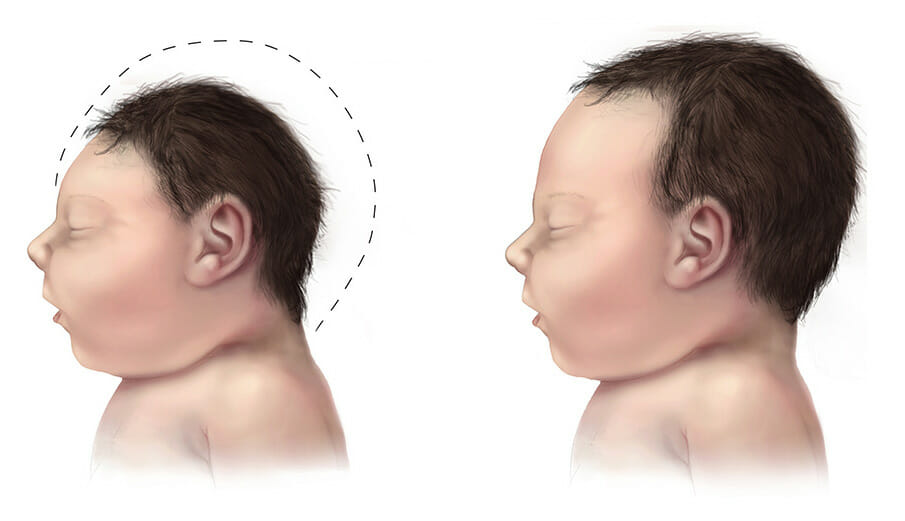
Other birth defects associated with Zika: 1)
- Severe microcephaly where the skull has partially collapsed
- Decreased brain tissue with a specific pattern of brain damage
- Damage (i.e., scarring, pigment changes) to the back of the eye
- Joints with limited range of motion, such as clubfoot
- Too much muscle tone restricting body movement soon after birth
Note (in the graphic below) that up to 80%2) of people who have been infected by Zika are asymptomatic (i.e., show no symptoms). It’s also important to note that Zika infection during pregnancy does not always cause birth defects.
#Zika has spread rapidly through the #Americas and is now present in over 30 countries & territories #WorldMosquitoDay @CDCgov @AMCAupdates pic.twitter.com/4c4BbOMZ9v
— Oxitec (@Oxitec) August 20, 2017
Graphic courtesy of Oxitec, LTD
Fortunately, the Zika hysteria surrounding the Rio Olympics proved to be unfounded. The World Health Organization (WHO) reported that there were no reported cases of Zika infection during the Olympic games 3). Zika remains a serious concern. Since 2015, however, something strange has been observed about Zika in Brazil. With the virtual epidemic of cases of Zika-linked Microcephaly reported in 2015 in Brazil – the assumption at the time was that the number of cases would increase in 2016, but just the opposite happened. Cases of Zika-related Microcephaly declined sharply in Brazil in just a single year. For a detailed look into this mystery, please check out this fascinating NPR article Why Didn’t Zika Cause A Surge In Microcephaly In 2016?
Mycrocephaly might be the result of a complex interaction in which Zika infection is only one element. Zika has been firmly established as a factor in microcephaly but whether Zika is the sole cause of this tragic birth defect (in babies born to mothers whose blood shows antibodies to Zika infection) is currently being researched and debated.
What about New England?
Here in New England, there is a growing awareness of the threat posed during the warm weather months by mosquitos carrying potentially dangerous diseases. A long standing mosquito-borne threat is Eastern Equine Encephalitis (EEE). Massachusetts and Florida report more cases of human EEE infection than any other states.
More recently, New Englanders have learned about the arrival of a new danger – West Nile Virus. The new mosquito-born illnesses, first discovered in local bird populations in 2000 and the first human case reported in 2015, began to appear in the news around 2001. Actual human infections are very rare, with no cases of West Nile Virus or EEE being reported in Massachusetts to date in 2017.
The thumbnail images below link to full size maps showing the relative risk for both West Nile Virus and EEE in all areas of Massachusetts:
What We Know Today
What’s the risk to residents of Western Massachusetts?
Mosquitos curently do not carry the Zika virus in New England. The risks of becoming infected with (and possibly) transmitting Zika to other people lies in the following:
1: Contracting Zika while travelling to areas where the virus is active
2: Contracting Zika from a person who has been infected while travelling to areas with active Zika
Risk of being infected with Zika by mosquito bite in Western Massachusetts: Statistically Zero.
So why the continued concern? The reason is in the potential for Zika to reach New England.
Take a look at the Potential Range of Zika in the Continental U.S. The maps below show potential – not actual areas of known Zika transmission. Potential – because these are the current verified geographical ranges of the two species of mosquito which are known to transmit Zika.
Estimated range of Aedes albopictus and Aedes aegypti in the United States, 2016 4)
The maps have been updated from a variety of sources. These maps represent CDC’s best estimate of the potential range of Aedes aegypti and Aedes albopictus in the United States. Maps are not meant to represent risk for spread of disease.
These maps show only the U.S. RANGE of the two species of mosquitos that spread Zika. As you can see , only one species Aedes albopictus (aka Asian Tiger Mosquito) has been identified in Massachusetts, likely because it can survive further north than Aedes aegypti (aka Yellow Fever Mosquito) . This is not to say, however, that Aedes aegypti won’t eventually spread further north. Presently it is not found in Massachusetts.
These maps do NOT show the range of Zika. Just the range of the mosquitos than can potentially carry the virus.
The Bottom Line (as of August 2017)
There is NO RISK of contracting Zika via mosquito bite at this time in New England.
Massachusetts residents who have traveled to areas of the world where Zika is active, however, should take precautions against the possibility that they have been exposed and:
- If pregnant or planning to get pregnant, consult with your physician
- Use a condom during sex. Zika can be transmitted by sexual contact
If you are pregnant and worry that you might have been exposed to Zika (i.e., traveled to an area where Zika is active), talk to your healthcare provider (even if you don’t feel sick). You might have been exposed to Zika if:
- You or your sex partner have traveled to an area with risk of Zika* during your pregnancy, or
- You or your sex partner traveled to one of these areas before you became pregnant (up to 8 weeks for women, up to 6 months for men)
Print out and discuss this checklists (below, courtesy of the CDC) with your doctor:
Potentially dangerous viruses have been found in Massachusetts mosquitos: Eastern Equine Encephalitis (EEE) and West Nile Virus. While getting Zika from a mosquito bite in Western Massachusetts is virtually impossible (at this time), our local mosquitos still may transmit the above diseases.
The situation with Zika seems to be fluid, and much is still unknown about where, and at what pace, this virus is spreading. While a vaccine has yet to become available, there is intensive ongoing research into a future Zika vaccine. There are some promising candidates, and perhaps a vaccine is close. For now, Western Massachusetts residents need not worry about mosquito-borne Zika virus. In light of the trend worldwide, however, of tropical mosquito-borne diseases spreading to new areas, it would be prudent to be aware of the existing threats (EEE, West Nile Virus) and become vigilant in preventing mosquito bites. Family Medicine Associates Staff highly encourages ongoing education about the risk and dangers of mosquito-born illnesses. The old adage “An ounce of prevention is worth a pound of cure.” is certainly applicable when it comes to protecting yourself, your family, and our communities from mosquito-born illnesses.
Sources and References
| ↩1 | (2017, August 9) Microcephaly & Other Birth Defects , CDC. Retrieved August 24, 2017, from: https://www.cdc.gov/zika/healtheffects/birth_defects.html |
|---|---|
| ↩2 | (2016, January 22). US moms-to-be seek reassurance about Zika after trips abroad – Reuters. Retrieved August 24, 2017, from http://www.reuters.com/article/us-health-zika-fears-idUSKCN0V02I3 |
| ↩3 | (2016, September 2). No Zika Cases Reported During Rio Olympics, W.H.O. Says – The New York Times. Retrieved August 24, 2017, from https://www.nytimes.com/2016/09/03/health/zika-rio-olympics.html?mcubz=3 |
| ↩4 | (2017, January 19) Potential Range in US. CDC. Retrieved August 24, 2017, from: https://www.cdc.gov/zika/vector/range.html |

